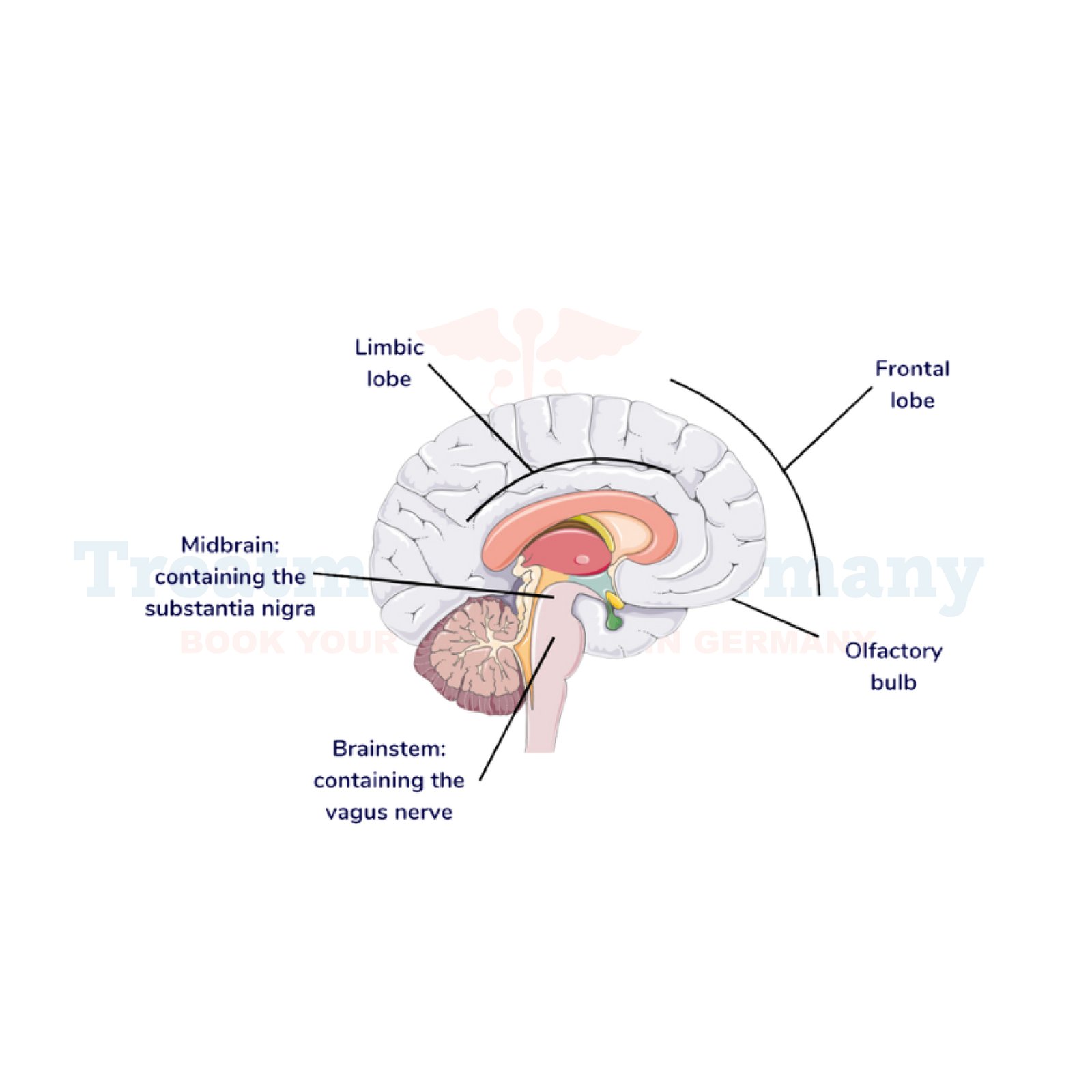What is Parkinson's Disease?
Parkinson's Disease is a progressive neurological disorder that affects movement. It occurs when certain nerve cells (neurons) in the brain gradually break down or die.
These neurons produce dopamine, a chemical messenger that helps regulate movement and coordination. As dopamine levels decrease, individuals experience symptoms such as tremors, stiffness, slowness of movement, and difficulty with balance and coordination.
While Parkinson's primarily affects movement, it can also cause a range of other symptoms, including cognitive impairment and mood changes.
Side Effects of Parkinson's Disease:
The symptoms of Parkinson's Disease can vary from person to person and may worsen over time. Common side effects include:
- Tremors: Involuntary shaking, often starting in the hands or fingers.
- Bradykinesia: Slowness of movement, making simple tasks more challenging.
- Muscle Rigidity: Stiffness and inflexibility in muscles, which can cause pain and difficulty with movement.
- Postural Instability: Difficulty maintaining balance and coordination, increasing the risk of falls.
- Non-motor Symptoms: These can include depression, anxiety, sleep disturbances, and cognitive changes such as memory loss and difficulty concentrating.
How is Parkinson's Disease Diagnosed?
Diagnosing Parkinson's Disease can be challenging, as there is no specific test to confirm it. Instead, healthcare professionals rely on a combination of medical history, physical examination, and assessment of symptoms.
They may also conduct imaging tests such as MRI or CT scans to rule out other conditions that could be causing similar symptoms. Additionally, some specialized tests, like dopamine transporter (DAT) scans, can help evaluate dopamine levels in the brain.
A definitive diagnosis often requires monitoring symptoms over time and consulting with a neurologist or movement disorder specialist.
Potential Treatments of Parkinson's Disease:
While there is currently no cure for Parkinson's Disease, there are several treatment options available to manage symptoms and improve quality of life:
- Medications: Dopamine replacement therapies, such as levodopa and dopamine agonists, can help alleviate motor symptoms by increasing dopamine levels in the brain. Other medications may be prescribed to address specific symptoms like tremors or muscle stiffness.
- Deep Brain Stimulation (DBS): This surgical procedure involves implanting electrodes in specific areas of the brain and a device similar to a pacemaker in the chest. DBS can help regulate abnormal brain activity and reduce motor symptoms in some patients, particularly those who are not adequately responsive to medication.
- Physical Therapy: Exercises and rehabilitation techniques can help improve mobility, flexibility, and balance, making it easier to perform daily activities.
- Speech and Swallowing Therapy: Speech-language therapists can provide strategies to address speech and swallowing difficulties that may arise due to Parkinson's Disease.
- Lifestyle Modifications: Adopting a healthy lifestyle, including regular exercise, a balanced diet, and stress management techniques, can help alleviate symptoms and improve overall well-being.
- Supportive Therapies: Support groups, counseling, and other psychosocial interventions can provide emotional support and practical guidance for coping with the challenges of Parkinson's Disease.
👉 Contact us for further information and receive a complimentary consultation.


.webp)
 (1).webp)

.webp)
 (1).webp)


.webp)
 (1).webp)

.webp)
 (1).webp)
